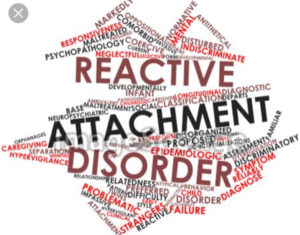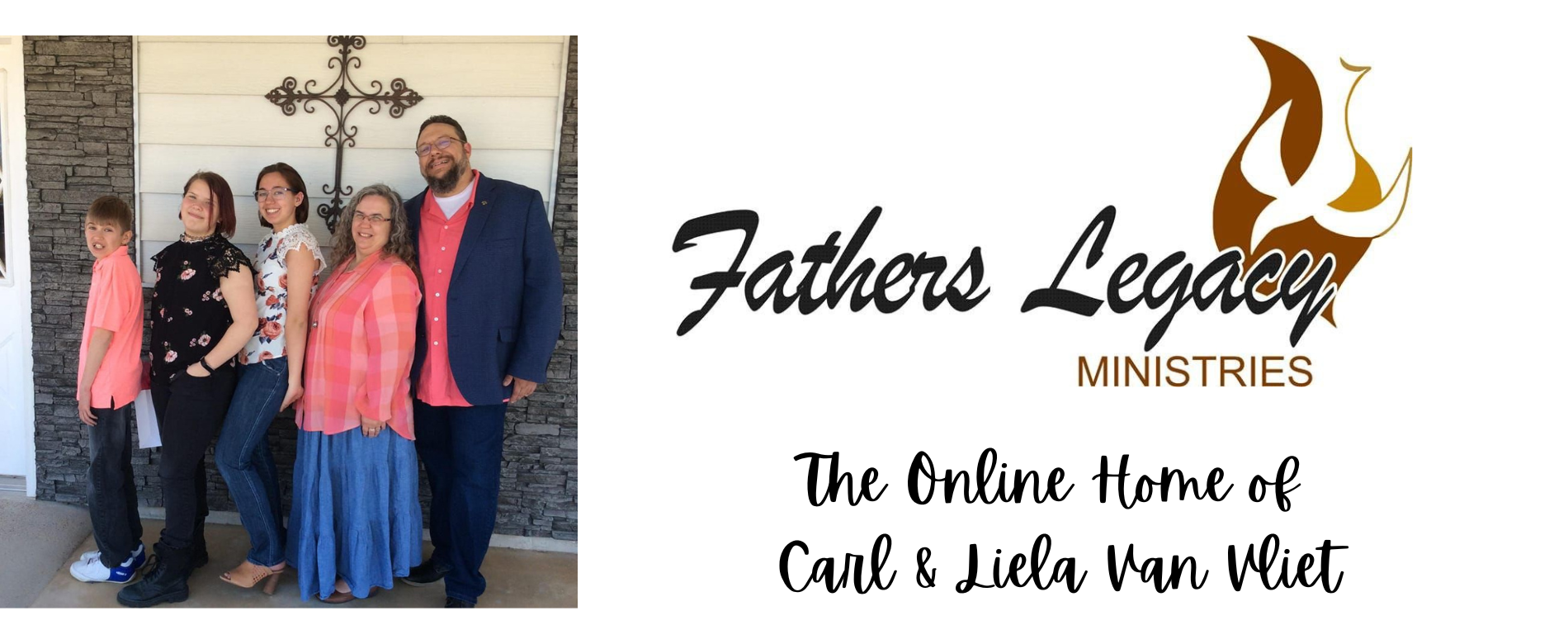Over the past few weeks we have been breaking down this overly simple way of changing how we view our motivation for holiness towards God and transitioning our children

from a legalistic obedience to household rules and standards, to a relational identity based obedience that will launch them into adulthood with a right perspective of holiness:
- I love my Father, and I know He loves me (Resting in Identity as son or daughter)
- My Father is for my good (Recognizing God is not withholding pleasure but guarding for our gain)
- I love my Father and I don’t want to disappoint him (not because of how He will look at me, but rather because of how I value Him)
- I love my Father and I know He loves me and because of that we want to be in each others presence (I don’t want anything to hinder or impede His presence in my life)
My personal definition of holiness

is this: “Holiness is the radical pursuit of Gods presence through Radical obedience to His word and Radical separation from anything that impeded or hinders His presence in my life and my home”
These four truths give me a framework, a paradigm if you will to walk out this definition of Holiness.
Last week we drilled into The Foundation of Identity in I love my Father and I know He loves me. You can read and catch up here This week we are going to unpack My Father is for my good (Recognizing God is not withholding pleasure but guarding for our gain). In each of these four points there is one key that ties them together: He is my Father. In this place, for some there is a breakdown because of our personal experiences or lack there of with an earthly father. If the lens we view Abba God through is the experience we have had with our earthly father (or lack of experience as is the case with many fatherless today) then we can be stuck in a performance based identity like we discussed last week, never grasping the truth we are preparing to discuss today. While I have seen and known throughout years of ministry this lens that needs to be changed in how we view God it has never been more real to me until Liela and I began to serve as foster parents and ultimately adoptive parents. These kids, virtually every single one of them had a lens of father that was one of either a poor example of what a father should be or they had no father at all, either

way relating to me as a father was difficult for them. Relating to God as father was even more so difficult. For many they have emotional traumas related to parents and their fathers. Many have RAD, Reactive Attachment Disorder, a condition found in many children who may have received grossly negligent care and do not form a healthy emotional attachment with their primary caregivers. With this condition these children have a very difficult time emotionally attach to anyone, especially a parental figure.
If the lens we view God through is the experience we had with our earthly father (or lack of experience as is often the case today) then we can get stuck in a performance based identity, never grasping the truth that He is for our good Share on XAs a example when we read this passage in Matthew 7 “Ask, and it will be given to you; seek, and you will find; knock, and it will be opened to you. For everyone who asks receives, and he who seeks finds, and to him who knocks it will be opened. Or what man is there among you who, if his son asks for bread, will give him a stone? Or if he asks for a fish, will he give him a serpent? If you then, being evil, know how to give good gifts to your children, how much more will your Father who is in heaven give good things to those who ask Him!” Many of us put on a lens of a father who did provide well for us, who gave us good gifts throughout our childhood. But for many people today this lens is the exact opposite of their earthly experience with a father, and that lens nullifies their ability to see a Heavenly Father who is for their good.
One thing Liela and I have learned in the process of being foster parents and having adopted children with difficult circumstances from their past is there is some keys to RAD children: They need to “experience” a love not modeled before them but actively directed towards them, that is completely wrapped in being for their good and a huge amount of grace for how they respond. Totally not expecting any reciprocity towards us as parents. Truth is, all our children need to experience this kind of love, regardless if biological or adopted and regardless of whether or not they have issues with attachment. It is a Matthew 7 expression of parenting (a little deeper than that but you get the point) with a Psalms 34 response: “Oh, taste and see that the Lord is good”. We want our children to “taste”, that is, to experience that we are for their good, and from that SEE (to build a new lens to be able to view and experience God, who is for their good). We need to model and direct God’s love towards our children in this fashion. And that is exactly how God loves us, with a love completely wrapped in being for our good and a huge amount of grace for how we respond.
Ultimately this is God’s desire for us, that we would “taste”, that we would experience His love so that we could then “See” that He is so for our good. “So we are convinced that every detail of our lives is continually woven together to fit into God’s perfect plan of bringing good into our lives” Romans 8:28 TPT. And there you have it, God not only modeled for us His goodness, but He actively directed His love towards us wrapped up in His goodness and His grace. He sent His son Jesus, who modeled and directed His love towards us, and He gave us the Holy Spirit as a seal of His continued goodness towards us until Jesus returns. He really is for our good.
Trusting in this truth, that Abba is for my good gives me a framework for holiness that refutes the thought patterns we discussed in week #2 of this journey, “that holiness is in some ways a deprivation of what I want, that I am not going to be happy, its austere, a martyrdom of sorts. So often it is viewed as a negative, if I am going to be holy I am going to have to give something up, I am going to suffer and not get all that I want out of life.” (Week #2 What Holiness is not) Because we are convinced that every detail of our lives is continually woven together to fit into God’s perfect plan of bringing good into our lives.
If this is an area you struggle in God really does have grace for how we respond to His goodness, let me encourage you to pray Matthew 7 and Psalm 34 and ask God to allow you to taste and see His goodness towards you. Let me also encourage you to reach out to a brother or sister in Christ who can walk this journey with you and encourage you.
Join us next week as we put skin on this third truth: I love my Father and I don’t want to disappoint him (not because of how He will look at me, but rather because of how I value Him)

